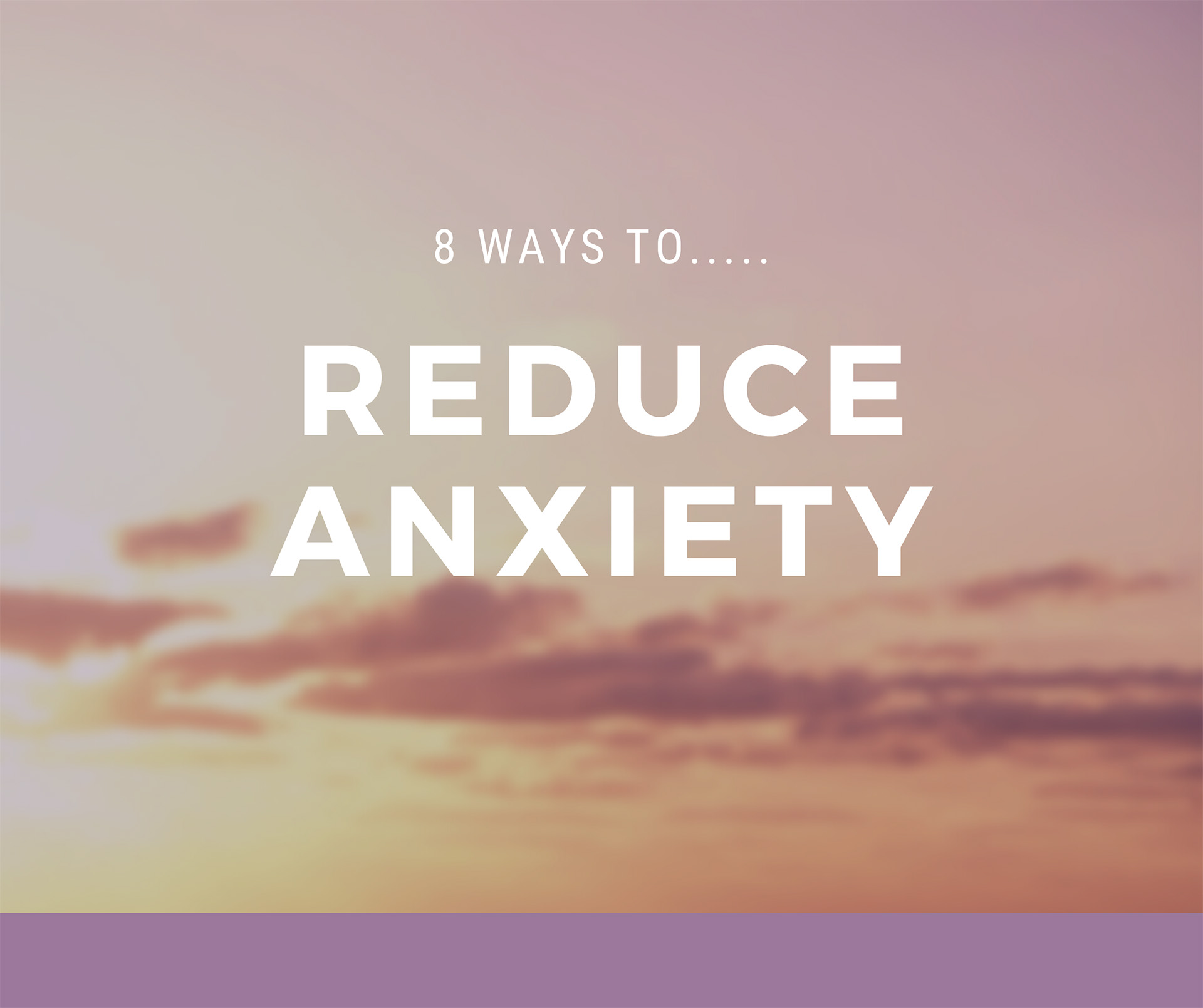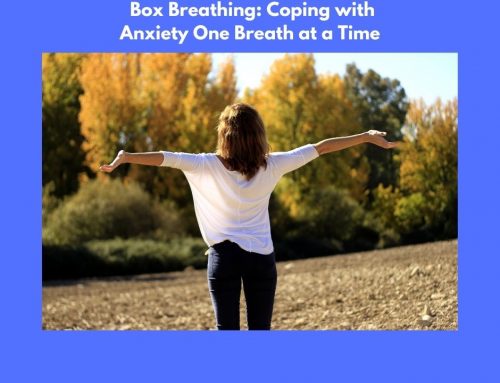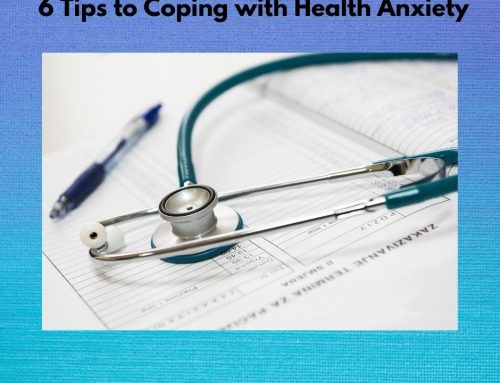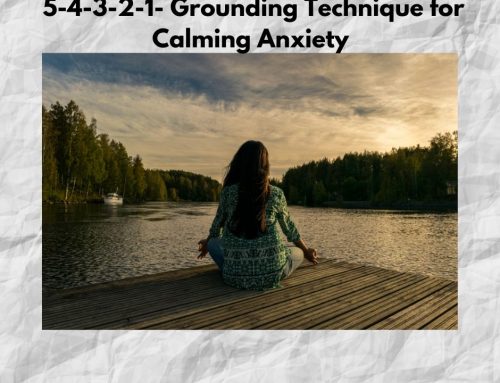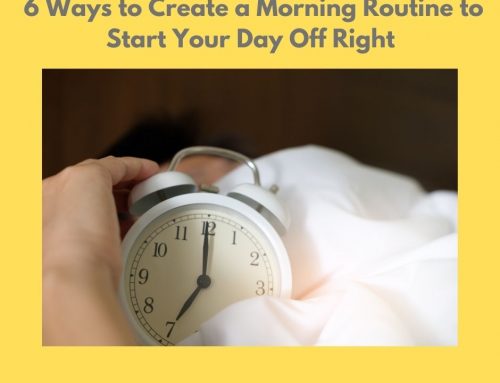This has been one heck of a few months! A whirlwind of news, change, fear and uncertainty.
How we react to it can make all the difference to our stress and anxiety levels. And don’t forget, our kids take their cues from us! If they see you worried and anxious, this can trickle down to them. If they see you calm, rational and living your best life, even under uncertain circumstances, they will too.
Take care of yourselves, mentally and physically. Turn the news off. Distract yourself with a good book, board game, some baking and catch up on some movies. And don’t forget to exercise!
Here are 8 ways to reduce your anxiety:
- Get enough sleep. Have a good nighttime routine that includes 7-9 hours of sleep. Try and be consistent about what time you go to bed every night. And naps are good! A 10-20-minute power nap can leave feeling more alert and rejuvenated.
- Be grateful. If you’re the type of person that has trouble seeing the positive, try writing 3 things your grateful for. Some people find it helpful to do this in the morning to start the day off right. Others, find it helpful to show gratitude at night as a way to end the day. What’s most important to remember is to think in terms of small things; for instance, “I’m grateful for the cup of coffee I had this morning.” Focus on being happy for the little things in life; they come around a lot more often than you realize.
- Have music in your life. Music is like medicine! I have always had one song that I always turn to when I’m having a tough day…this is going to age me, but I love “I will survive” by Gloria Gaynor. It never fails to put a smile on my face and make me feel like I can do anything.
- Positive self-talk. Positive self-talk is a very powerful tool used to combat anxiety, stress, depression and overall negative thinking. How we feel and the confidence that we have to deal with difficult and anxiety provoking situations, directly correlates to the thoughts in our minds. The ability to change our behaviors by changing our thoughts, is one of the most successful strategies used to deal with anxious thoughts.
- Affirmations for anxiety. Affirmations are something do alongside self-talk. Recognizing your negative thoughts and challenging them with positive affirmations can help change your mood, how you feel and how you cope. Remember, anxiety does not define you! You can do it!
- Deep Breaths. When you start to feel overwhelmed with worry and anxious thoughts…pause and…breathe. One type of breathing exercise is called box breathing. Box breathing helps to regulate the breathing by slowing it down, which helps calm a racing mind and nerves. It’s an amazingly simple, yet effective tool.
- One way to handle anxious thoughts and a cluttered and anxious mind is by journaling. On my bedside table, I have a pen and a notepad and, in a pinch, I use the notes section on my phone. Every night, it can be helpful to write a to-do list, reminders and anything else that pops into your head. You can also write your worries down. Writing them down takes them out of your head and helps to shut your mind off. You can give yourself permission to take the night off and attack your worries at another time.
- Exercise. Get moving! Being active has been shown to have many health benefits, both physically and mentally. Exercise can relieve feelings of anxiety by increasing the production of endorphins, which are known to help produce positive feelings. It can also act as a distraction from feelings of anxiety, which can help improve your mood.

